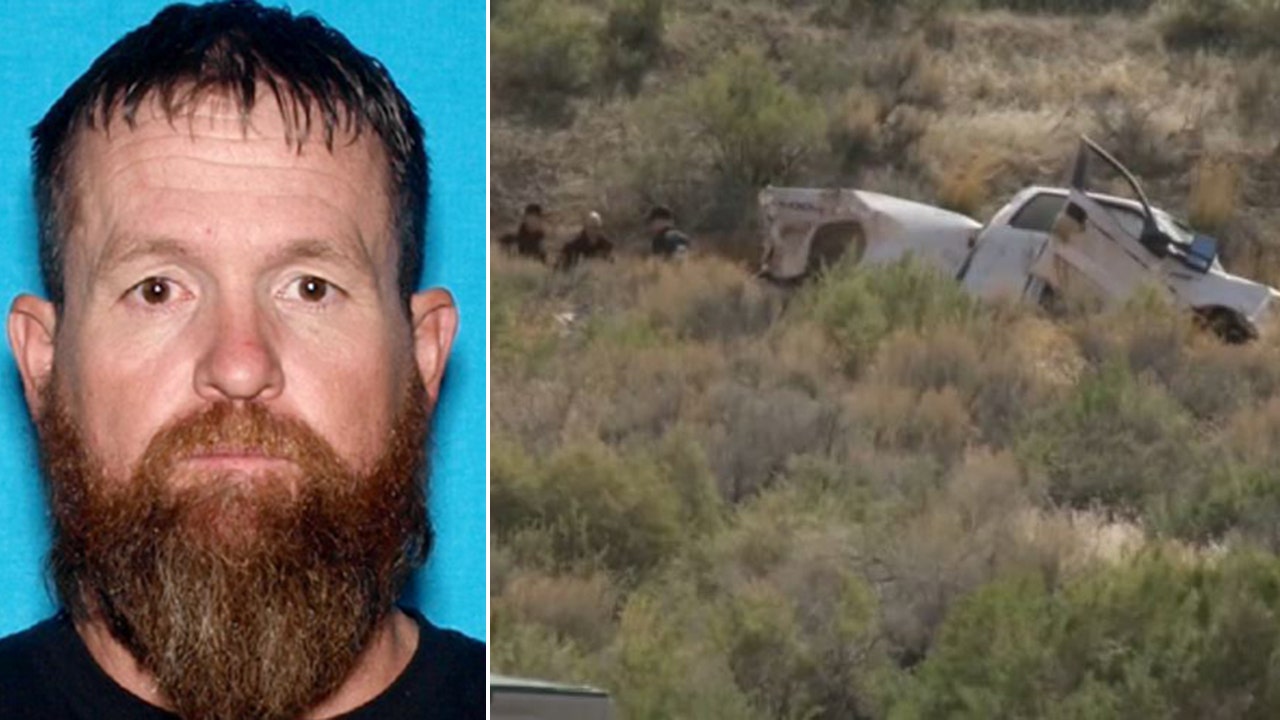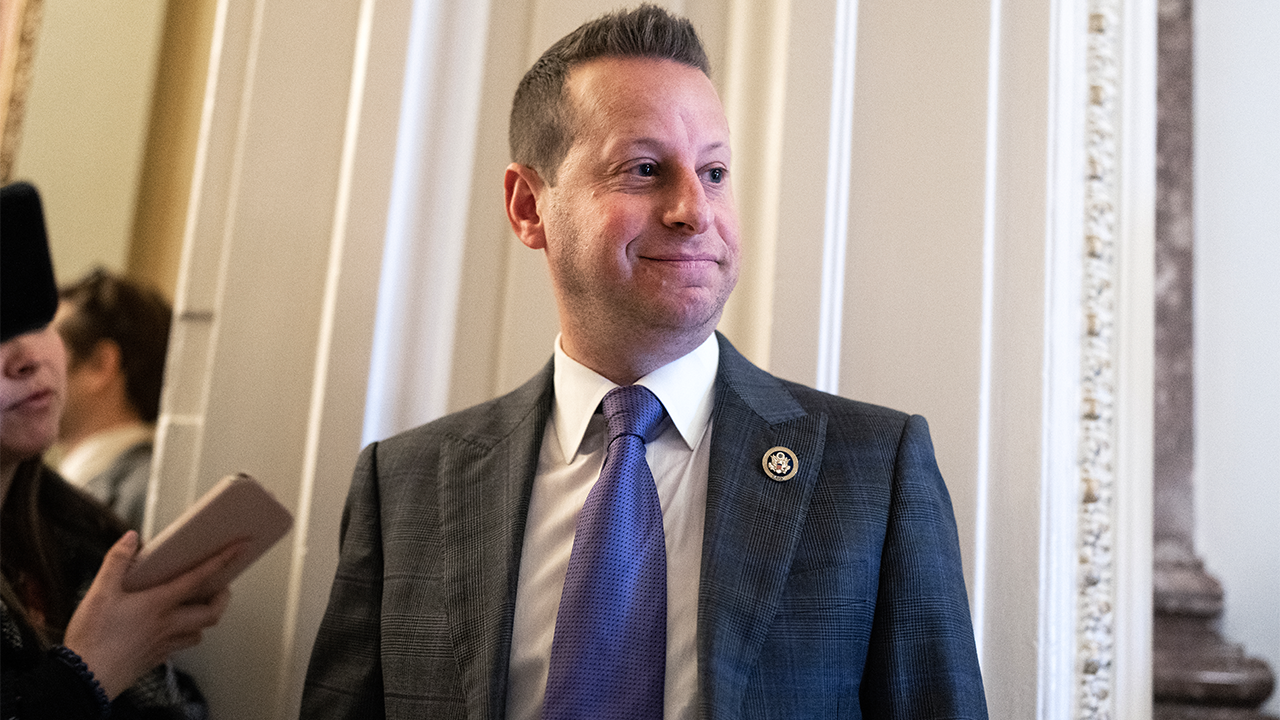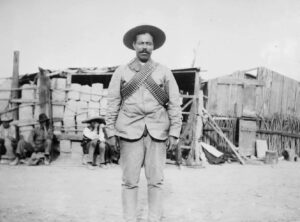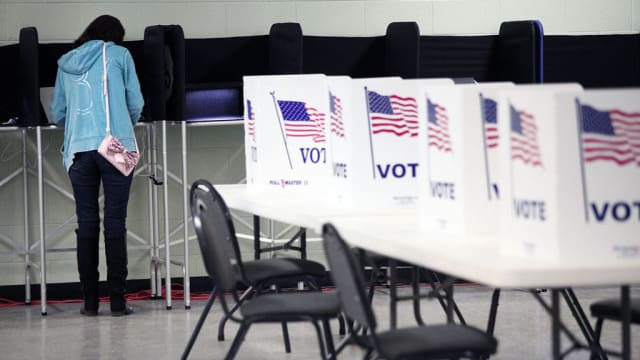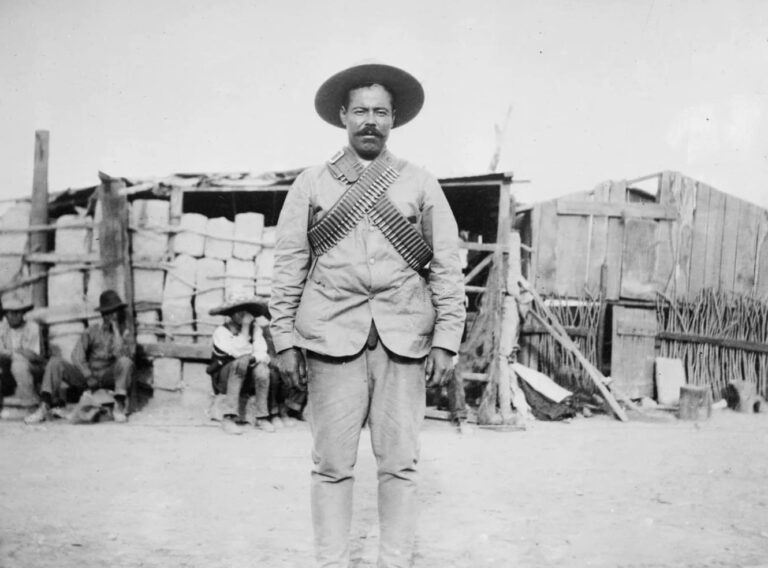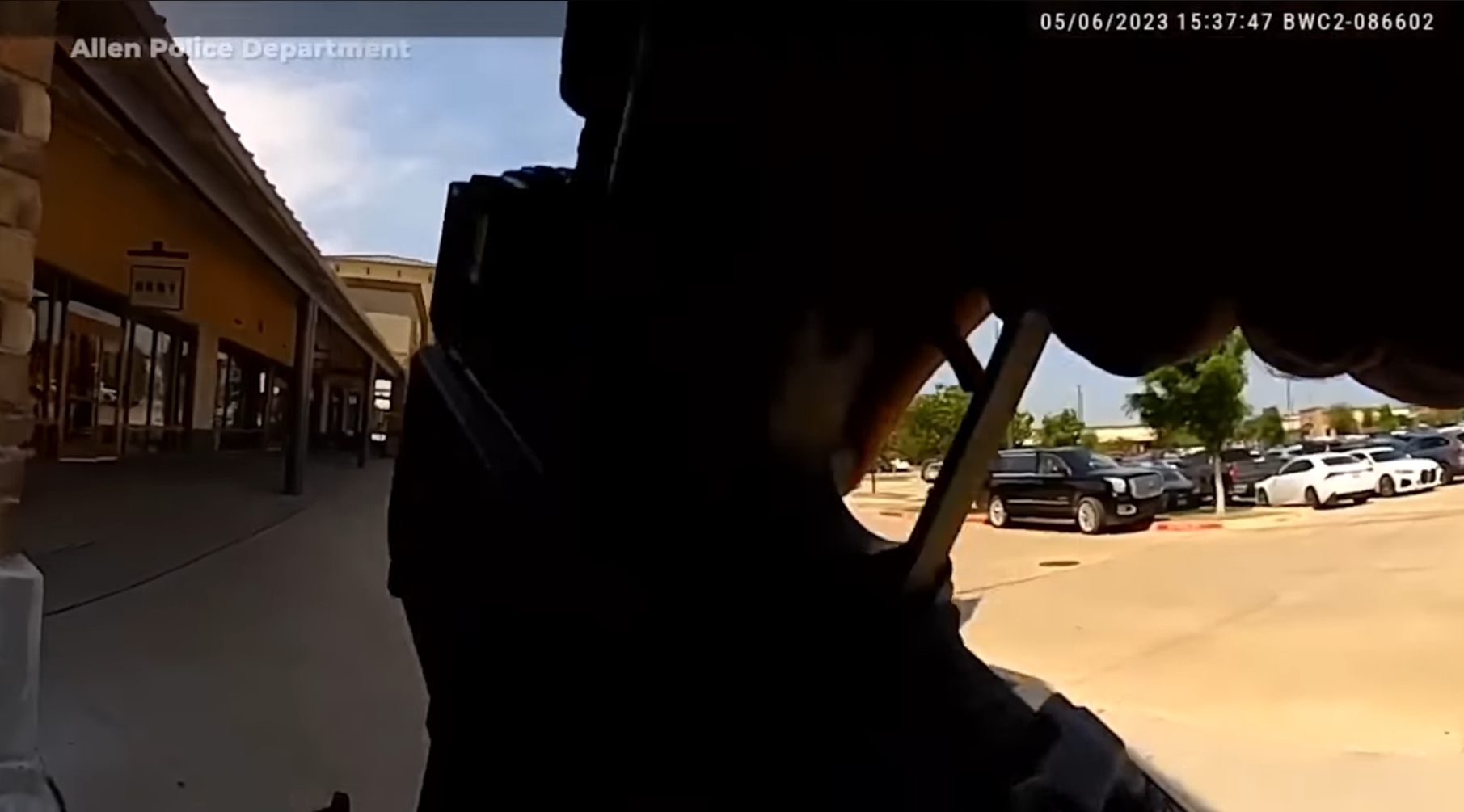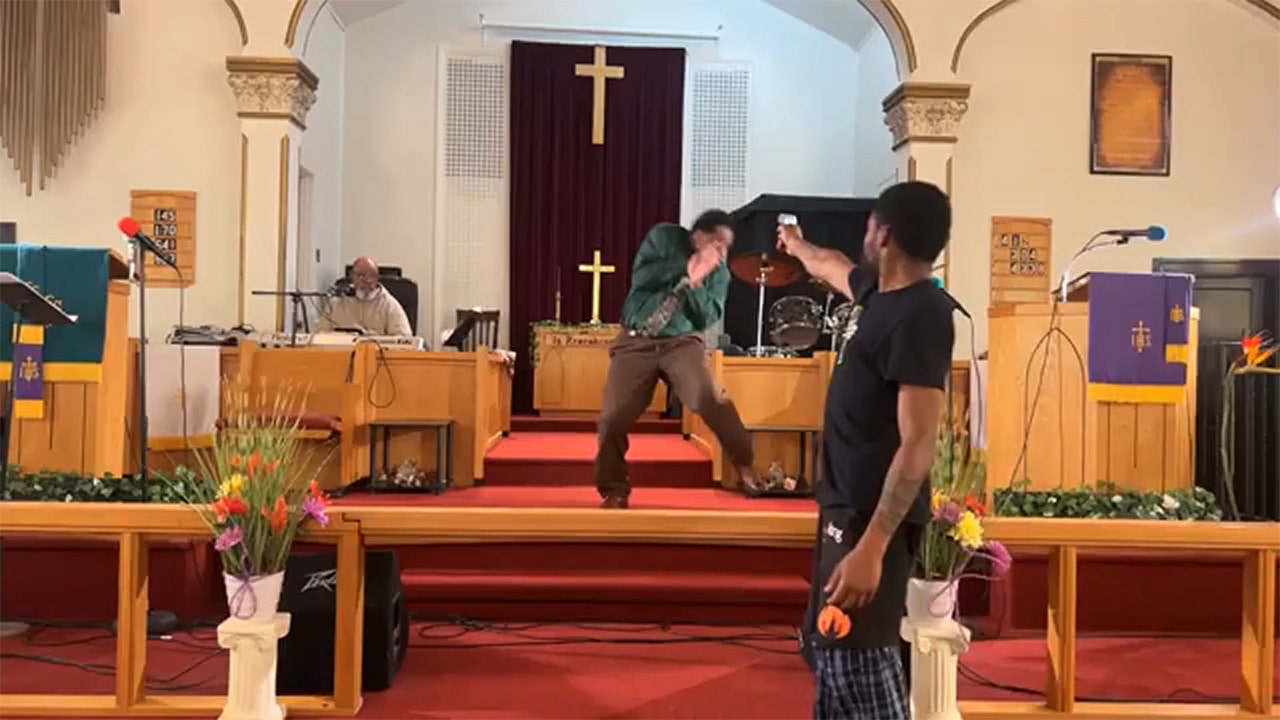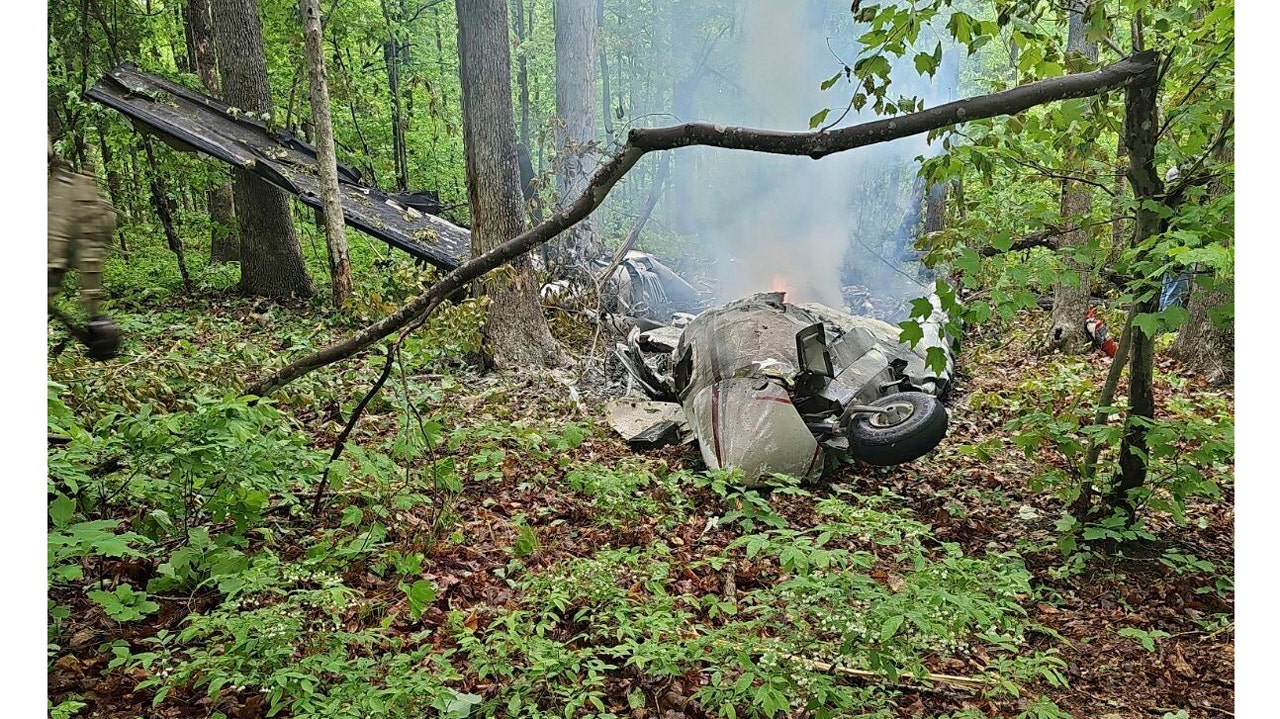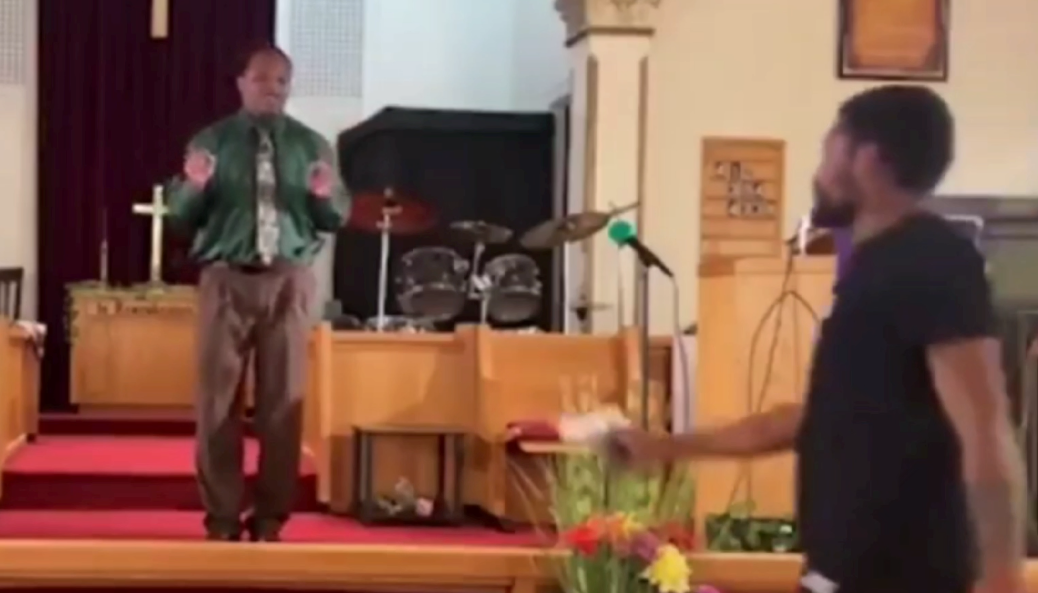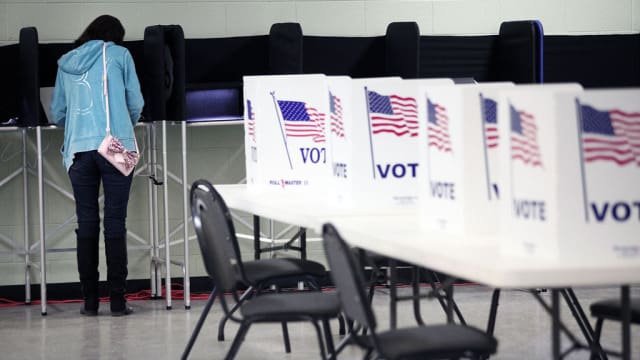
Citing concerns over the safety of election workers and the escalation of political tensions, much of it blamed on former President Donald Trump’s contentious statements on the campaign trail and some of his supporters’ actions during the Jan. 6 riot at the U.S. Capitol in 2021, a wave of states, predominantly under Democratic leadership, is advancing legislation aimed at prohibiting firearms at polling sites and ballot drop boxes as the presidential election approaches. This initiative is being sold by liberals as a broader effort to safeguard the electoral process from potential intimidation and violence. But conservatives and gun owners aren’t so sure about that. They are generally skeptical, citing existing laws against intimidation against poll workers and the fact that since many polls are at schools they are already banned by law as proof this is simply a broader effort by Democrats to restrict gun ownership and possession in the United States.
Recently, New Mexico adopted measures to limit the presence of firearms at voting locations, aligning with at least 21 other states that have enacted similar laws. These laws vary, with some targeting either open or concealed carry, but the majority addressing both. Remarkably, nine of these restrictions were implemented in the last two years, a period that has been marked by increased concern over the potential for electoral violence and voter intimidation, fueled by allegations of election fraud, a Stateline article reported. The National Conference of State Legislatures (NCSL) notes that 14 states have enacted laws specifically addressing overall protections for election officials, gun concerns notwithstanding.
“For decades across the nation, public officials and public servants have been protected by law from threats, intimidation and harassment,” the NCSL reports.
New Mexico’s legislation, which garnered support exclusively from Democratic legislators, establishes gun-free zones within 100 feet of polling sites and 50 feet of ballot drop boxes. Violators face the possibility of a petty misdemeanor charge, which could lead to up to six months in jail. This legal move was partly inspired by the experiences of poll workers in Santa Fe, who reported harassment by individuals brandishing firearms during the 2020 elections.
Despite making exceptions for individuals with concealed carry permits and law enforcement officers, the legislation faced unanimous opposition from Republican lawmakers in New Mexico, Stateline reported. Critics, like House Minority Floor Leader Ryan Lane, expressed concerns over the potential for inadvertently criminalizing gun owners and questioned the prioritization of this issue given the state’s broader crime challenges.
The push for stricter gun control at polling places is part of a larger national dialogue on voting rights and gun violence prevention, amplified by the dramatic rise in election-related threats, the proliferation of disinformation, relaxed gun regulations, a surge in firearm sales, and incidents of vigilantism. These factors contribute to an increasingly hostile environment for election officials, many of whom have resigned due to safety concerns.
Advocates for democracy and gun control argue that the presence of firearms at polling places exacerbates the risk of violence, undermining the integrity of the electoral process. The Stateline article says this stance is supported by data from national surveys and reports, indicating a broad consensus among voters across the political spectrum for implementing firearm bans at polling locations.
Efforts to enact such bans are progressing in several states, with proposed legislation under consideration in Connecticut, Illinois, Massachusetts, Michigan, Pennsylvania, Vermont, and Virginia. However, these bills often face opposition and are subject to the political dynamics within state legislatures, highlighting the contentious nature of the debate over gun control and electoral integrity.
For more details, read the entire Stateline article here.
Read the full article here
